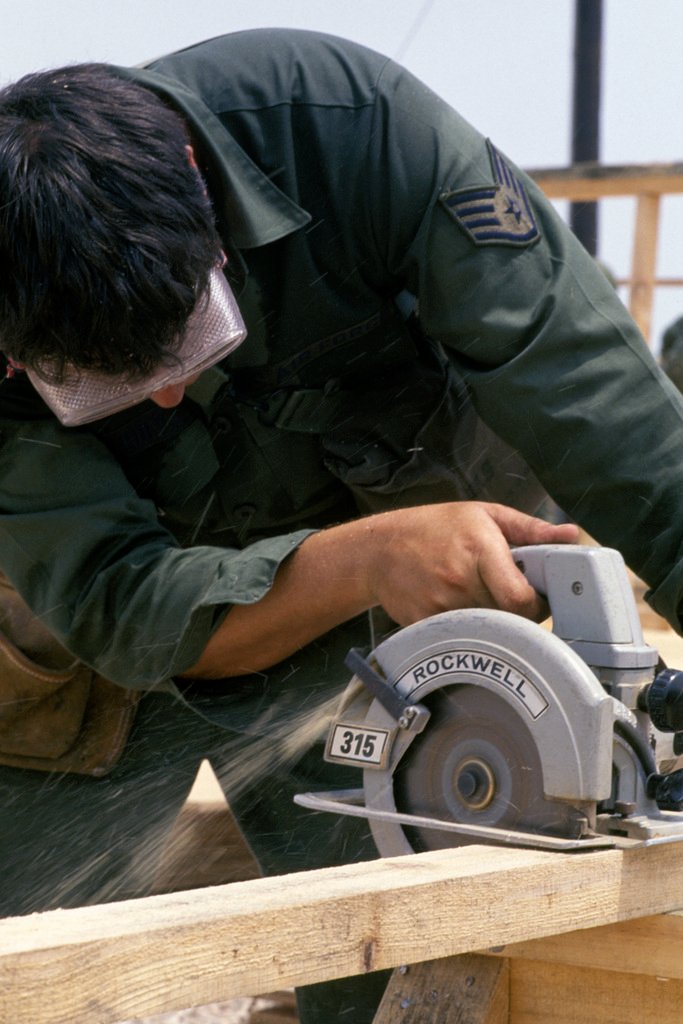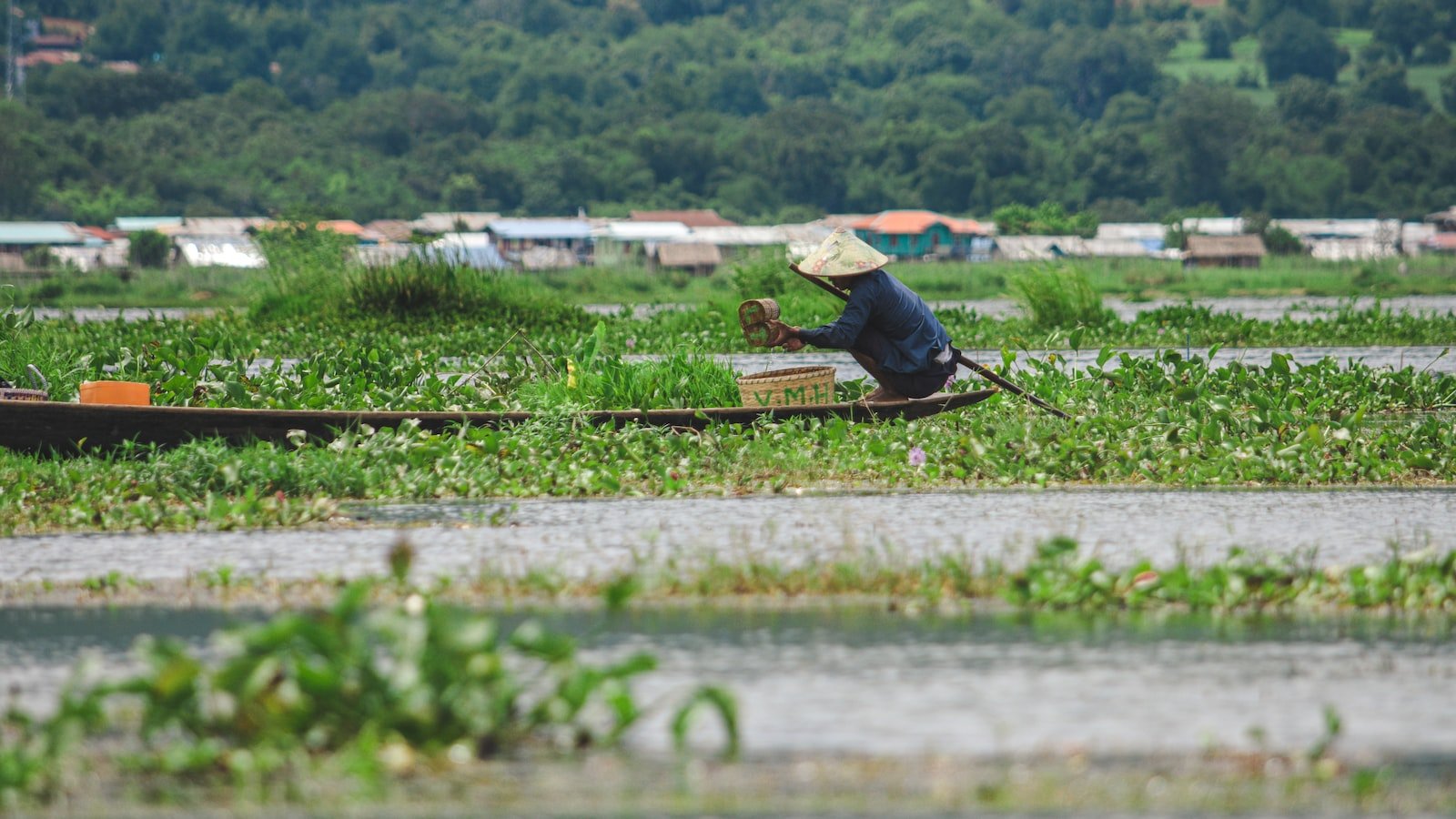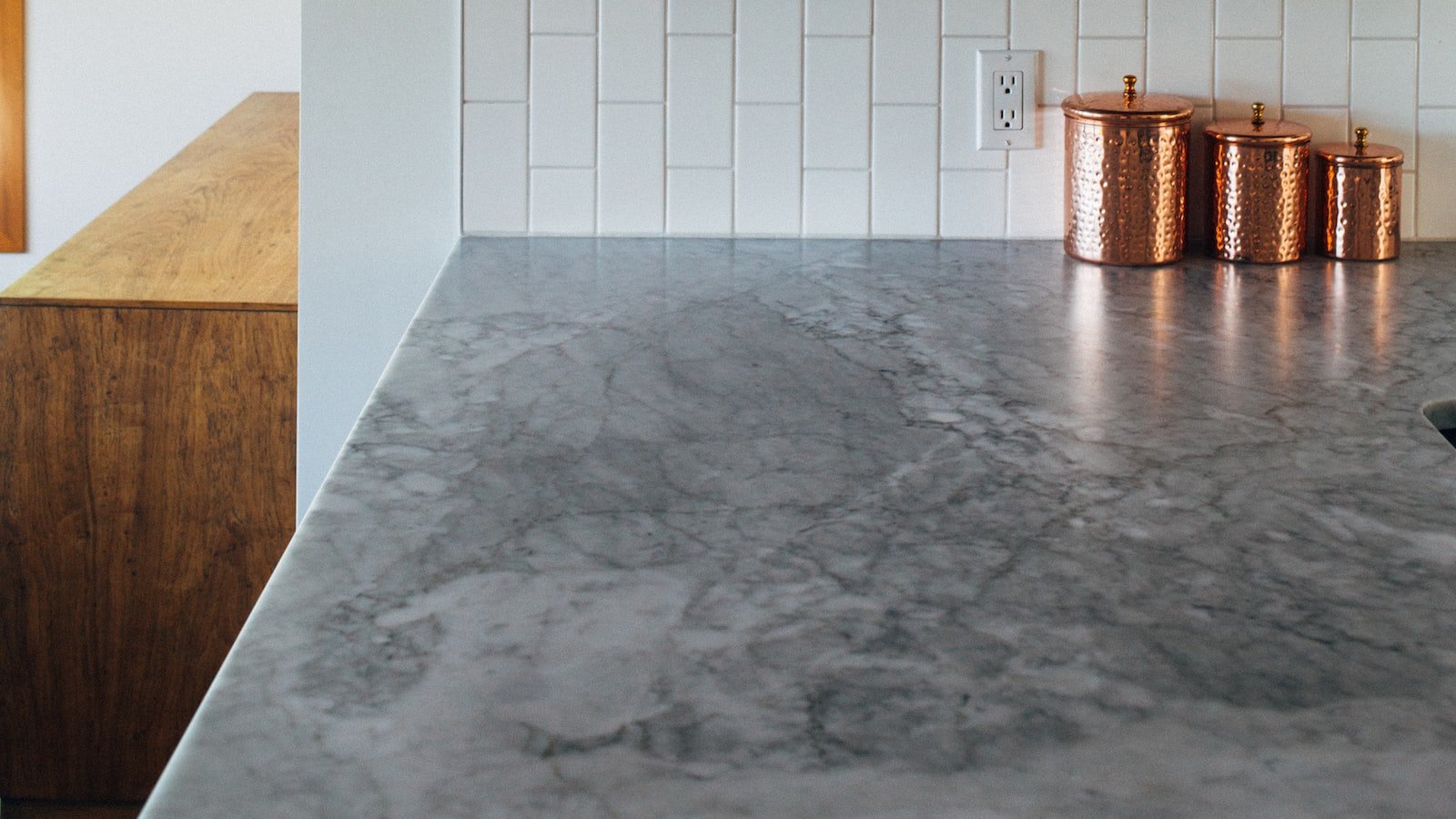Now Reading: Essential Tips for Earthquake Preparedness
-
01
Essential Tips for Earthquake Preparedness
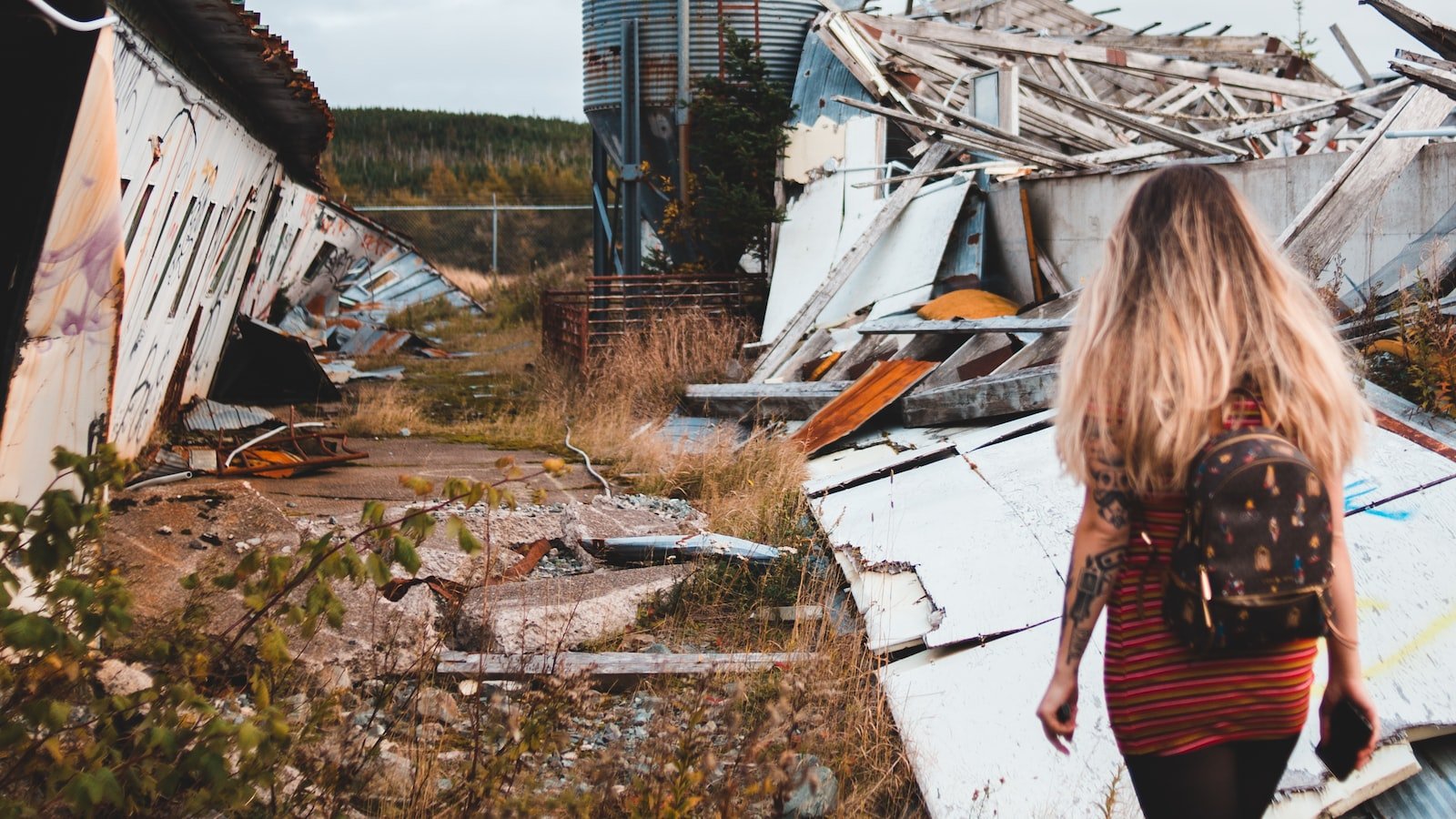
Essential Tips for Earthquake Preparedness
The ground begins to tremble, buildings sway like reeds, and the once sturdy walls crumble like a house of cards. Earthquakes, those unanticipated juggernauts of nature, have the power to turn lives upside down within an unforgiving heartbeat. When the very ground we rely on suddenly becomes our enemy, it is imperative that we arm ourselves with knowledge and preparedness. So, if you’ve ever wondered how to safeguard your home, protect your loved ones, and navigate through the chaos when disaster strikes, look no further. In this comprehensive guide, we unveil the essential tips for earthquake preparedness that will empower you to face the unexpected with resilience and confidence.
Table of Contents
- Building a Complete Earthquake Preparedness Kit
- Creating a Family Emergency Plan for Earthquakes
- Securing Your Home to Minimize Earthquake Damage
- Practicing Earthquake Safety: Key Dos and Don’ts
- Understanding the Importance of Earthquake Insurance
- Q&A
- Closing Remarks
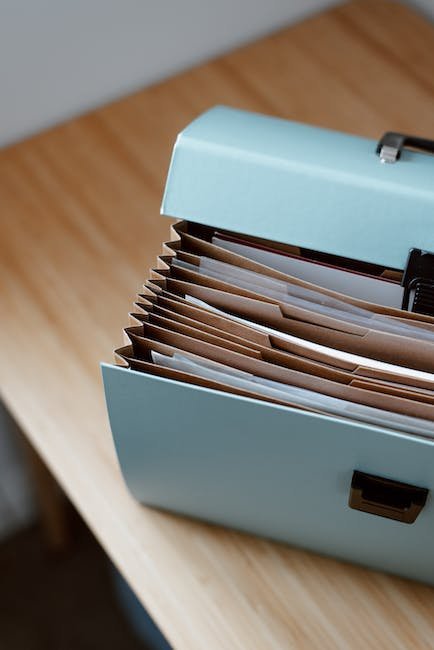
Building a Complete Earthquake Preparedness Kit
When it comes to earthquake preparedness, having a complete kit can make all the difference. It ensures that you and your loved ones are well-equipped to handle any emergency situation that may arise.
So, what should be included in your earthquake preparedness kit? Here’s a handy checklist:
- Water: Store at least one gallon of water per person per day for at least three days. Don’t forget to include water for your pets too!
- Food: Non-perishable items are essential. Stock up on canned goods, energy bars, and dried fruits. Remember to include a manual can opener.
- First Aid Supplies: A well-stocked first aid kit should include bandages, antiseptic wipes, pain relievers, prescription medications, and any personal items such as glasses or contact lenses.
- Flashlight and Batteries: In case of power outages, a reliable flashlight is crucial. Don’t forget to pack extra batteries too.
- Emergency Radio: Stay informed with a battery-powered or hand-cranked radio. Make sure it’s tuned to a local station for updates and emergency broadcast information.
- Emergency Blankets: Pack lightweight blankets or thermal sleeping bags to keep warm in case of prolonged sheltering.
- Personal Hygiene Items: Don’t overlook the importance of hygiene. Include items like toilet paper, wet wipes, and hand sanitizer.
Remember to check your earthquake preparedness kit regularly and replace expired items. Additionally, consider adding extra supplies such as a whistle, a fire extinguisher, and important documents sealed in a waterproof bag.
By having a complete earthquake preparedness kit, you can face any seismic event with confidence, knowing that you have taken the necessary steps to keep yourself and your loved ones safe.
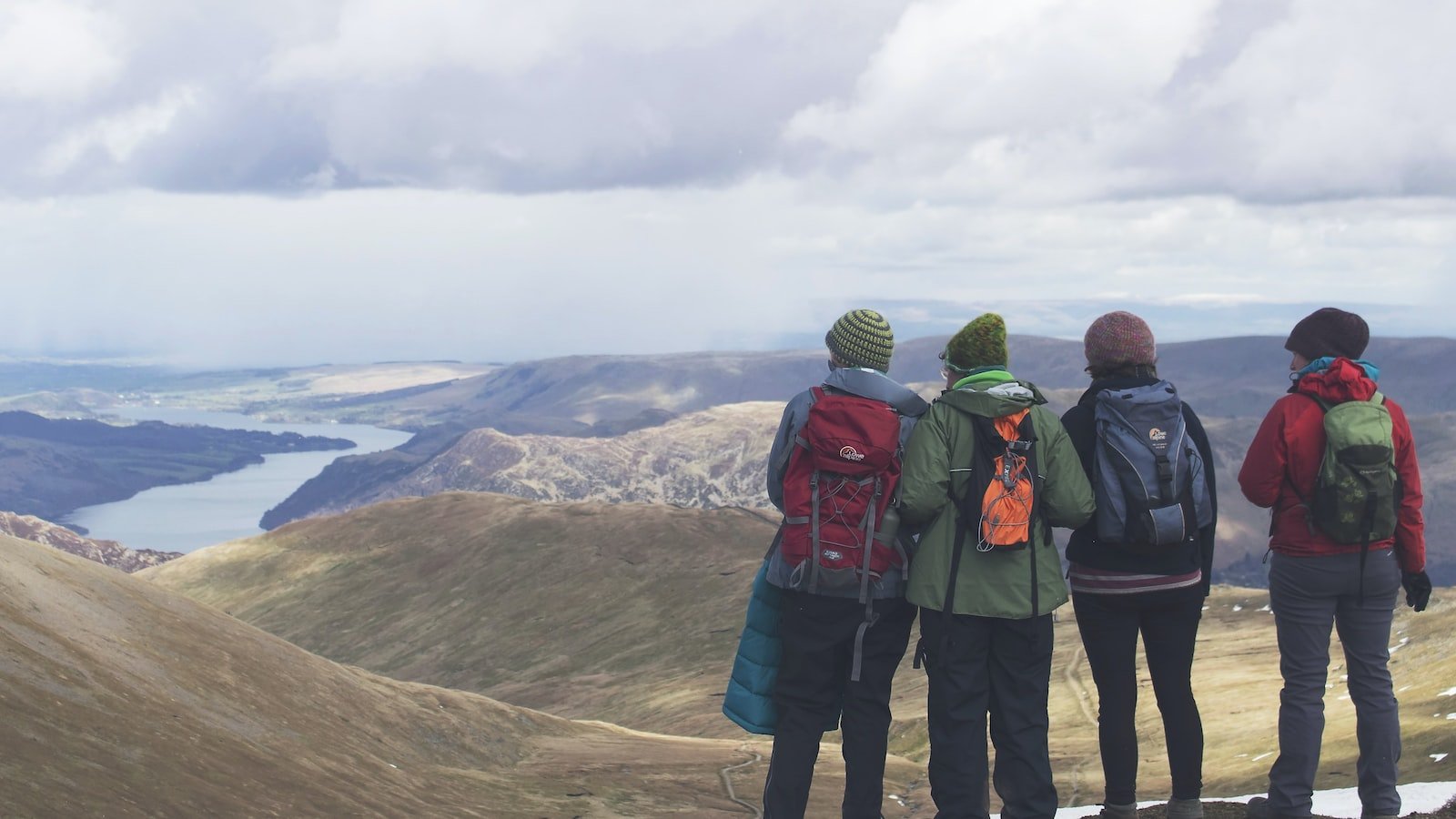
Creating a Family Emergency Plan for Earthquakes
When it comes to earthquakes, preparation is key to ensure the safety of your family. Creating a comprehensive family emergency plan is an essential step in being ready for any seismic event.
Identify Safe Zones:
- Survey your home and locate the safest spots for each family member to take cover during an earthquake.
- Identify sturdy furniture or structural elements that can provide protection, like under a sturdy table or against an interior wall.
- Ensure everyone knows these spots and regularly practice drills to ingrain the actions in their minds.
Emergency Supplies:
- Prepare an emergency kit containing essentials such as first aid supplies, non-perishable food, water, flashlights, and batteries.
- Store the kit in an easily accessible location known to all family members.
- Regularly check expiration dates of items in the kit and restock as needed.
Communication Plan:
- Establish a communication plan to ensure family members can contact each other during and after the earthquake.
- Designate an out-of-area contact person who can act as a central point of communication for all family members.
- Provide each family member with a list of emergency numbers, including local authorities and important contacts, in case cellular networks are overloaded or unavailable.
Remember, the more prepared your family is, the better equipped you’ll be to face an earthquake. Take the time to educate and practice with your loved ones, as every moment spent preparing can make a significant difference in times of crisis.

Securing Your Home to Minimize Earthquake Damage
In the event of an earthquake, taking proactive measures to secure your home can help minimize the potential damage and ensure the safety of your loved ones. Consider the following tips to safeguard your home and provide peace of mind:
- Anchor heavy furniture: Secure heavy items such as bookcases, refrigerators, and cabinets to the wall using wall brackets or straps. This will help prevent them from toppling over during seismic activity.
- Secure your water heater: Strap your water heater securely to the wall using professional-grade seismic straps. This will prevent it from falling or rupturing, reducing the risk of gas leaks or flooding.
- Bolt down your home: Strengthen the connection between your home’s wood frame and its foundation by installing foundation anchor bolts. This will provide extra resistance against ground movement during an earthquake.
- Assess your chimney: Reinforce your chimney’s stability by adding metal bracing or using chimney straps. This will help prevent it from collapsing and potentially causing significant damage to your home during an earthquake.
- Secure light fixtures and appliances: Use earthquake-resistant straps or adhesive putty to secure light fixtures, televisions, and other appliances. This will reduce the risk of them shaking loose or falling during seismic events.
- Protect windows: Install safety film on windows to prevent them from shattering during an earthquake. Additionally, consider adding window locks to keep them closed during a seismic event.
By implementing these precautionary measures, you can significantly reduce the potential impact of earthquakes on your home, safeguarding your property and enhancing the safety of your household.
Practicing Earthquake Safety: Key Dos and Don’ts
During an earthquake, it is crucial to be well-prepared and informed about the necessary steps to ensure your safety. Follow these essential dos and don’ts to protect yourself and others:
Dos:
- Stay calm and take cover: The most important thing is to remain composed. If you are indoors, take cover under a sturdy piece of furniture, such as a table, desk, or bench. Protect your head with your arms and seek shelter away from windows, glass, and heavy objects.
- Drop, cover, and hold on: If you are caught outdoors, find an open area away from buildings, power lines, and tall trees. Drop to the ground, take cover, and protect your head and neck until the shaking stops.
- Create an emergency kit: Prepare an emergency kit consisting of essential supplies, including water, non-perishable food, a flashlight, batteries, a first aid kit, and any necessary medications. Keep the kit in an easily accessible location.
- Secure heavy objects: Ensure that heavy furniture, appliances, and wall hangings are securely fastened or anchored. Use straps, latches, or adhesives to prevent them from toppling over during an earthquake.
- Secure water heaters and gas appliances: Consult a professional to securely strap water heaters and gas appliances to prevent leaks, fires, or explosions.
Don’ts:
- Don’t use elevators: Always use the stairs during earthquakes, as elevators may malfunction or get stuck, putting you at further risk.
- Avoid doorways: Contrary to popular belief, doorways are not the most secure place during an earthquake. Take cover in a safer location, away from windows and heavy objects that could potentially fall.
- Don’t run outside: Attempting to run outside during the shaking can be dangerous due to falling debris and crumbling structures. Stay indoors until the shaking stops and it is safe to exit.
- Don’t use open flames: Avoid lighting matches, candles, or any open flame sources immediately after an earthquake. Broken gas lines and other damage may create a high risk of fires or explosions.
- Avoid panicking: Panic can lead to irrational decisions and increased danger. Stay focused and remember your earthquake safety training.
By adhering to these dos and don’ts, you can greatly reduce the risks associated with earthquakes. Remember, staying informed, prepared, and calm is crucial for personal safety during seismic events.
Understanding the Importance of Earthquake Insurance
In a world filled with unpredictable natural disasters, it is crucial to comprehend the significance of earthquake insurance. Our planet, as magnificent as it is, has a tendency to unleash its powerful forces without warning. Earthquakes, with their sheer force and potential to cause devastation, leave nothing but chaos in their wake. While we cannot control these cataclysmic events, we can certainly prepare ourselves for the aftermath.
Earthquake insurance provides a safety net for homeowners in regions prone to seismic activities. It offers financial protection for repairs, rebuilding, and even temporary living expenses when the unpredictable strikes. Here are a few reasons why earthquake insurance is more than just a wise investment:
- Preservation of Finances: Earthquakes can wreak havoc on your property, leaving you with significant repair and reconstruction expenses. With earthquake insurance, you can protect your finances from unexpected financial burdens and ensure that your savings remain intact.
- Peace of Mind: A tremor of the earth can shake not only your home but also your peace of mind. Possessing earthquake insurance allows you to sleep soundly at night, knowing that if disaster strikes, you will have the resources needed to rebuild your life.
- Indispensable Coverage: Homeowners insurance typically does not cover earthquake damage. Having a separate policy for earthquakes ensures that you have comprehensive coverage tailored specifically for this inevitable natural catastrophe.
Embracing the importance of earthquake insurance is a proactive step towards protecting yourself and your investments. Don’t wait until it’s too late; get the coverage you need and fortify your peace of mind against the unyielding tremors of nature.
Q&A
Q: How can I protect myself during an earthquake?
A: Drop, cover, and hold on! Find a sturdy piece of furniture to take cover under, protect your head with your arms, and stay away from windows or objects that could potentially fall.
Q: What are some important items to have in an earthquake kit?
A: Your earthquake kit should include essentials like water, non-perishable food, a first aid kit, flashlight, extra batteries, personal hygiene items, and a battery-powered radio.
Q: How can I earthquake-proof my home?
A: Secure heavy appliances and furniture to the walls, install latches on cabinet doors, secure shelves, and anchor overhead lighting fixtures. Also, ensure that gas lines, water heaters, and electrical wiring meet safety standards.
Q: What should I do if I’m driving during an earthquake?
A: If possible, pull over to a safe location away from overpasses, bridges, and power lines. Stay in your vehicle until the shaking stops and avoid stopping under or near buildings, trees, or anything that could fall.
Q: Should I be worried about aftershocks?
A: Aftershocks are common after an earthquake and can be just as dangerous, so it’s important to remain cautious. Be prepared for additional shaking, refrain from entering damaged buildings, and follow instructions from local authorities.
Q: How can I prepare my family for an earthquake?
A: Create a family emergency plan including a designated meeting spot outside your home, ensure everyone knows how to operate fire extinguishers and shut off utilities, and discuss earthquake safety with your loved ones regularly.
Q: Is earthquake insurance necessary?
A: While earthquake insurance is not required, it can be valuable in providing financial protection for your property. Assess your risk and consult with an insurance agent to decide if earthquake insurance is a wise investment for you.
Q: What should I do after an earthquake?
A: Check yourself and others for injuries and administer first aid if necessary. Assess your surroundings for any hazards, and if you suspect a gas leak, evacuate immediately. Listen to local news and follow instructions from authorities.
Closing Remarks
As we conclude this indispensable guide on earthquake preparedness, let us remember that knowledge is power. By equipping ourselves with the necessary tools and information, we can navigate the tumultuous terrain of an earthquake with greater resilience. While the unpredictability of nature may always keep us on our toes, we must not succumb to fear but rather embrace the virtue of preparedness. Remember, the path to safety lies in our hands. So, let us pledge to educate ourselves, invest in emergency supplies, and fortify our homes against the unexpected. Together, we can create a stronger, more united front against the forces of nature and ensure the safety of ourselves and our loved ones. Stay vigilant and be prepared, because when an earthquake strikes, readiness will make all the difference.
As an affiliate, my content may feature links to products I personally use and recommend. By taking action, like subscribing or making a purchase, you’ll be supporting my work and fueling my taco cravings at the same time. Win-win, right?
Want to read more? Check out our Affiliate Disclosure page.



